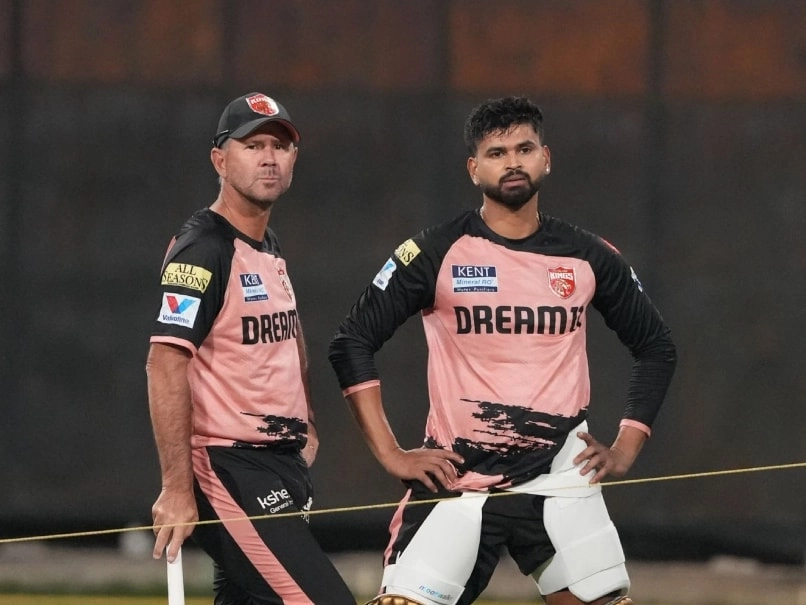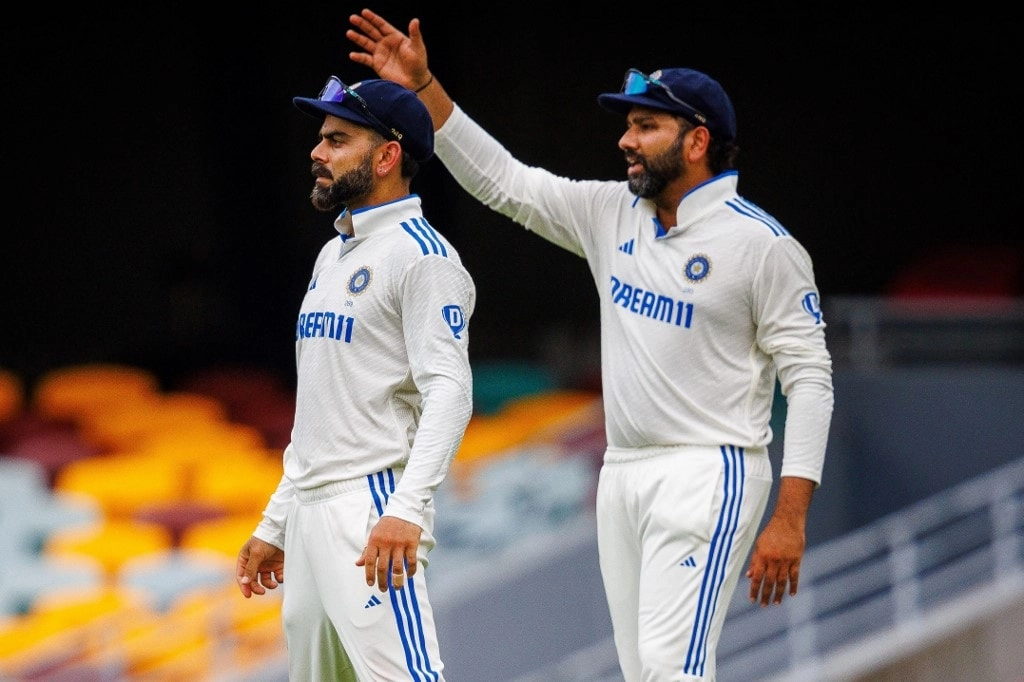Shreyas Iyer recently expressed his appreciation for Ricky Ponting’s coaching style during his time with the Punjab Kings (PBKS) in the Indian Premier League (IPL). Iyer highlighted how Ponting’s approachable demeanor made the entire team feel comfortable, fostering an environment conducive to both personal and professional growth. This aspect of Ponting’s coaching was particularly significant, as it allowed players to express themselves freely, which is essential in a high-pressure setting like the IPL. By creating a relaxed atmosphere, Ponting empowered his players to focus on their game without the added burden of stress or anxiety.
The impact of a coach’s style on team dynamics cannot be overstated, and Iyer’s remarks underscore the importance of building rapport within the squad. Ponting, a legendary cricketer himself, brings a wealth of experience and insight to the table, which he adeptly translates into his coaching methods. His ability to connect with players on a personal level helps in breaking down barriers, allowing for open communication and collaboration. This approach not only enhances individual performance but also strengthens team cohesion, making it easier to strategize and execute plans during matches.
Iyer’s praise for Ponting also reflects a broader trend in modern sports, where the emphasis is increasingly placed on mental well-being alongside physical training. Coaches like Ponting are recognizing that success is not solely dependent on technical skills or fitness levels; it is equally about nurturing a positive mindset. By prioritizing the emotional and psychological comfort of players, Ponting is not just preparing them for immediate challenges but also contributing to their long-term development as cricketers. This holistic approach to coaching is becoming more prevalent, and Iyer’s endorsement of Ponting’s methods serves as a testament to its effectiveness.
In a sport as demanding as cricket, where the mental game can often be as challenging as the physical one, having a coach who prioritizes player comfort is invaluable. Iyer’s reflections on his experience with Ponting highlight the importance of leadership that focuses on creating a supportive environment. As teams strive for excellence in competitive leagues, the role of a coach evolves beyond mere tactical guidance to encompass emotional intelligence and interpersonal skills. It is this blend of expertise and empathy that can ultimately lead to a more harmonious and successful team.




